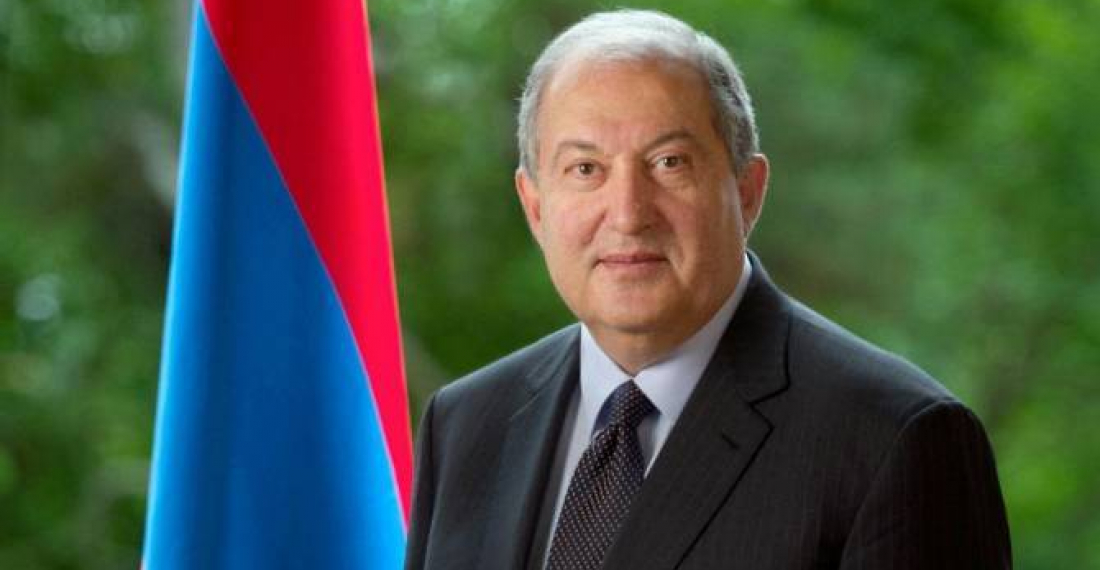Armenian president Armen Sargissian has resigned.
In a statement issued to the media on Sunday evening (23 January), Sargissian indicated that he was frustrated at the lack of power of the presidency, which under the current Armenian constitution is largely an honorary position.
In his statement Sargissian said,
The President does not have the necessary tools to influence the radical processes of domestic and foreign policy in these difficult times for the country and the nation. At this difficult time for our state, when national unity is needed, the presidential institution should not be the target of gossip and conspiracy theories, thus diverting public attention from the most important issues. Today, more than ever, we need meaningful, well-thought-out, thoughtful, meaningful action. Otherwise, we, the Armenians of the whole world, will not achieve the goal of our mission, we will find ourselves in the margins of history. We have no right to make mistakes anymore!
Sargissian became president shortly before the 2018 Velvet Revolution in Armenia which brought prime minister Nikol Pashinyan to power. Sargissian's time in office was a tumultuous period in modern Armenian history, dominated by the process of change initiated by Pashinyan, as well as the autumn 2020 war with Azerbaijan when Armenia was defeated.
source: commonspace.eu with agencies







